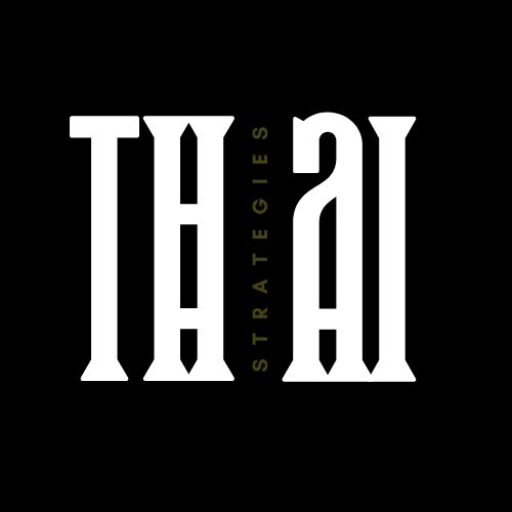Introduction
As we step into 2025, branding continues to evolve at an unprecedented pace. With the rapid advancement of technology, shifting consumer expectations, and an increased focus on sustainability, businesses must stay ahead of the curve to remain relevant. In this article, we explore the top branding trends for 2025 and how UK brands can leverage them to gain a competitive edge.
AI-Driven Branding
Artificial intelligence (AI) is revolutionizing the way brands interact with consumers. AI-powered tools can now analyze consumer behavior, automate content creation, and personalize marketing efforts in real time. Brands leveraging AI for customer engagement, chatbots, and data-driven branding strategies will have a distinct advantage in 2025.
How to Implement AI in Branding:
- Use AI for predictive analytics to understand customer preferences.
- Implement AI-powered chatbots for instant customer support.
- Leverage AI-driven design tools to create logos and branding elements efficiently.
Hyper-Personalization
Consumers expect brands to deliver personalized experiences tailored to their preferences. Generic marketing messages are no longer effective—brands must utilize data insights to create hyper-personalized content, recommendations, and interactions.
Steps to Achieve Personalization:
- Collect and analyze customer data for targeted messaging.
- Use dynamic content strategies to deliver personalized website experiences.
- Implement personalized email marketing campaigns based on user behavior.
Sustainability and Ethical Branding
Sustainability is no longer an option but a necessity. With climate concerns rising, consumers actively support brands that embrace eco-friendly practices, transparency, and ethical values. Brands that prioritize sustainability in their messaging and operations will build stronger connections with their audience.
Ways to Integrate Sustainability:
- Adopt sustainable packaging and production processes.
- Clearly communicate ethical sourcing and corporate social responsibility initiatives.
- Support social and environmental causes that align with your brand values.
Interactive Brand Experiences
Consumers crave engagement, and brands that create immersive and interactive experiences will stand out. Technologies such as augmented reality (AR), virtual reality (VR), and interactive social media content will redefine how consumers interact with brands.
Strategies for Interactive Branding:
- Develop AR-powered try-before-you-buy experiences for online shopping.
- Use interactive quizzes and gamification techniques to enhance customer engagement.
- Host virtual events and live experiences to strengthen brand-consumer relationships.
The Rise of Micro-Influencers
Influencer marketing continues to be a powerful strategy, but in 2025, micro-influencers (those with smaller but highly engaged followings) will be more impactful than mega-celebrities. Their authenticity and niche appeal make them valuable brand advocates.
How to Leverage Micro-Influencers:
- Partner with influencers who align with your brand’s values and audience.
- Focus on engagement metrics rather than follower count.
- Collaborate on authentic content that resonates with their community.
Conclusion
The future of branding in 2025 is shaped by technology, personalization, and social responsibility. Businesses that embrace AI-driven branding, hyper-personalization, sustainability, interactive experiences, and micro-influencers will thrive in an increasingly competitive market. By staying ahead of these trends, UK brands can forge stronger connections with consumers and build long-lasting success.




Hi, this is a comment.
To get started with moderating, editing, and deleting comments, please visit the Comments screen in the dashboard.
Commenter avatars come from Gravatar.